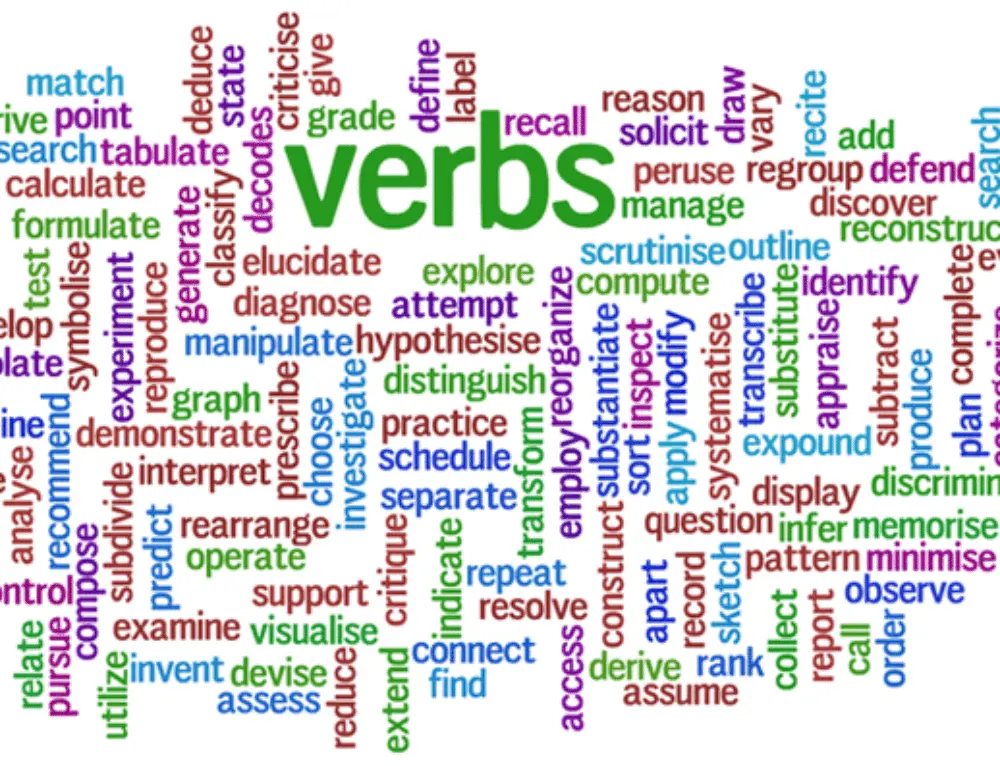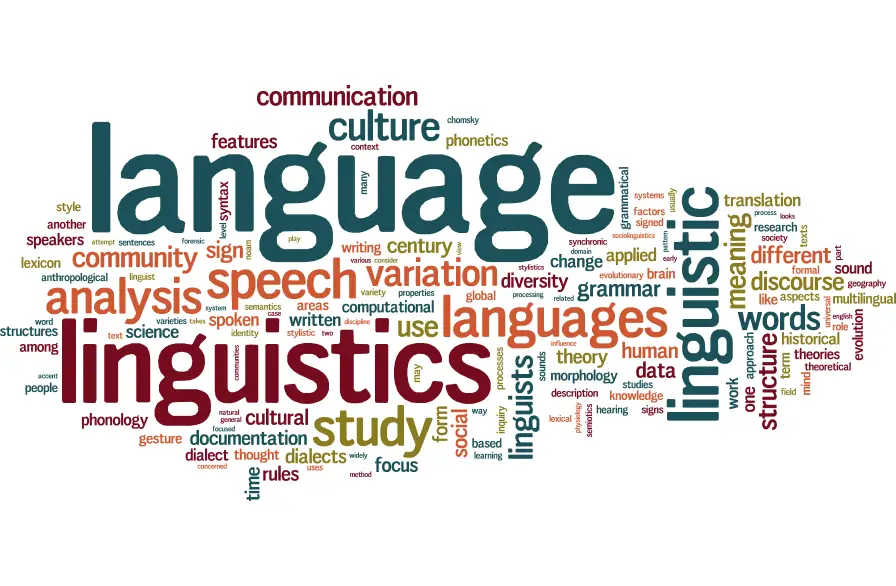“Empower Your English: Perfecting Verbs” is a comprehensive exploration into the intricate world of English verbs, designed to empower language learners with the skills needed to master one of the most crucial elements of English grammar. Verbs, the action words that drive every sentence, are the backbone of effective communication, shaping the meaning, tense, and tone of our expressions. This guide is a transformative journey, tailored for individuals eager to enhance their language proficiency and gain confidence in both written and spoken English. Understanding verbs in their various forms and tenses is not just about grammar rules; it’s about unlocking the potential to articulate thoughts, share ideas, and engage meaningfully with the world.
In this guide, we delve deep into the nuances of verb conjugation, exploring the intricacies of different tenses, moods, and aspects. From the foundational aspects of present simple to the complexities of perfect and continuous tenses, we navigate through the grammar maze, providing clear explanations, practical examples, and engaging exercises to reinforce learning. Whether you’re a beginner striving to grasp the basics or an advanced learner aiming to refine your skills, “Empower Your English: Perfecting Verbs” offers a structured and accessible approach. Through this journey, you’ll not only gain a profound understanding of verbs but also unlock the door to confident and effective communication, enriching your language repertoire and opening doors to endless opportunities in both personal and professional spheres. Let’s embark on this enriching linguistic adventure together and perfect the art of using verbs with precision and finesse.
Understanding Verb Tenses and Usage

Understanding verb tenses and their usage is crucial for effective communication in English. Here are several reasons why it’s important:
Clarity and Precision: Using the correct tense ensures that your message is clear and easy to understand. It provides listeners or readers with a precise indication of when an action occurred or will occur.
Context and Nuance: Different tenses convey different meanings and nuances. For example, the present perfect tense emphasizes the connection between past actions and the present moment, while the past simple tense indicates a specific point in the past. Choosing the right tense helps convey your intended message accurately.
Effective Writing: In writing, using appropriate tenses helps in creating coherent and well-structured texts. It allows for smooth transitions between different time frames, making the narrative or argument more logical and compelling.
Professional and Academic Communication: In professional and academic settings, using the correct tenses demonstrates your command of the language. It enhances your credibility and ensures that your ideas are presented in a polished and sophisticated manner.
Avoiding Ambiguity: Misusing tenses can lead to confusion and ambiguity. For instance, using the present tense instead of the past tense might make it unclear whether an action has already happened or is ongoing. Proper tense usage eliminates such confusion.
Understanding verb tenses and usage is fundamental to mastering the English language. Verbs play a crucial role in sentence structure, indicating the time, continuity, and relationships between actions or events. A deep comprehension of verb tenses and their appropriate usage is essential for effective communication and clear expression of ideas.
In English, there are several verb tenses, each serving a specific purpose in conveying different temporal aspects of actions or states. The primary tenses include the simple present, simple past, simple future, present continuous, past continuous, future continuous, present perfect, past perfect, and future perfect. Each tense has its unique structure and use, allowing speakers and writers to convey precise meanings in various contexts.
Everyday Examples and Practical Learning

Everyday examples and practical learning play a pivotal role in enhancing our understanding and retention of new concepts. When we encounter real-life situations that demonstrate theoretical knowledge, it not only solidifies the information but also bridges the gap between abstract ideas and tangible experiences. For instance, in learning mathematics, practical applications such as calculating grocery bills or measuring ingredients in a recipe make abstract concepts like fractions and decimals more relatable. These day-to-day scenarios not only engage learners but also showcase the immediate relevance of what is being taught. Moreover, practical learning instills problem-solving skills, encouraging individuals to think critically and apply their knowledge to solve real-world challenges. By immersing ourselves in everyday examples, we gain a deeper understanding of various subjects and develop the ability to adapt theoretical knowledge to practical situations, making learning a dynamic and interactive process.
Everyday examples and practical learning are crucial components in the journey of mastering English verbs. These elements bridge the gap between theory and real-world application, making the understanding of verb usage more relatable and effective. “Practice Makes Perfect: English Verbs, 3rd Edition” recognizes the significance of learning verbs in context and excels in providing learners with practical insights.
In language learning, the ability to apply theoretical knowledge to daily communication is a critical skill. This is where everyday examples come into play. By presenting verbs in the context of familiar situations and topics, learners can better grasp the nuances of verb usage and see how it relates to their own lives. This approach helps learners connect the dots between language rules and their practical use, making the learning process more engaging and memorable.
Building Verb Skills Through Engaging Exercises

Building verb skills through engaging exercises is a fundamental aspect of language learning, as verbs are the backbone of any sentence. Engaging exercises provide learners with interactive and stimulating opportunities to practice verb conjugations, tenses, and usage in context. Interactive games, role-playing activities, and creative writing exercises not only make the learning process enjoyable but also encourage active participation and critical thinking. By incorporating engaging exercises, learners can explore various verb forms and their applications, enabling them to grasp complex grammar rules in a more intuitive and memorable way.
Explore the book’s approach to building verb skills through engaging exercises. Describe the variety of exercises included, such as fill-in-the-blanks, sentence restructuring, and creative writing tasks. Highlight the benefits of interactive learning in retaining information.
Discuss a few sample exercises from the book, explaining how they challenge readers to think critically about verb usage. Emphasize how these exercises reinforce concepts learned and encourage active participation, ultimately leading to improved verb proficiency.
Enhancing Confidence in Writing and Speaking

Enhancing confidence in writing and speaking is a transformative journey that empowers individuals to express their thoughts, ideas, and emotions with clarity and conviction. When individuals develop a strong command of language through consistent practice and constructive feedback, they gain the confidence to articulate their thoughts effectively. Writing provides a platform for honing language skills, allowing individuals to experiment with vocabulary, sentence structure, and various writing styles. Through regular writing exercises, individuals can refine their expression, becoming more adept at organizing their thoughts coherently. Similarly, practicing speaking skills, be it through debates, presentations, or casual conversations, helps individuals overcome stage fright and improve their verbal communication abilities. As confidence grows, individuals are more likely to engage in discussions, share their opinions, and contribute meaningfully to conversations. Ultimately, this confidence not only enriches one’s personal and professional relationships but also fosters a sense of self-assurance, enabling individuals to tackle new challenges in both academic and professional spheres with poise and eloquence.
Interactive learning is at the core of building verb skills effectively. Engaging exercises provide learners with hands-on experience, allowing them to actively apply theoretical knowledge. By immersing learners in diverse exercises, this approach transforms abstract grammar rules into practical communication tools. These exercises serve as a bridge between theory and real-life conversations, making the learning process dynamic and relevant.
The book offers a diverse range of exercises tailored to cater to different learning styles and levels of expertise. From traditional fill-in-the-blanks exercises that reinforce basic conjugation patterns to more complex tasks like sentence restructuring, learners are exposed to a variety of challenges. Creative writing prompts encourage learners to construct sentences and paragraphs using appropriate verbs, enhancing their ability to express ideas coherently and vividly. Interactive quizzes provide instant feedback, allowing learners to assess their progress and identify areas that need further improvement.
Expert Guidance for Language Learners

Expert guidance for language learners is invaluable on the journey to mastering a new language. Language acquisition involves navigating complex grammar rules, nuances in vocabulary, and cultural context, and having a knowledgeable mentor or tutor can significantly enhance the learning experience. Language experts provide structured lessons, personalized feedback, and tailored exercises that cater to individual learning styles and goals. Their expertise allows them to identify common challenges faced by learners and offer targeted solutions, helping students overcome hurdles effectively. Moreover, expert guidance ensures learners receive accurate pronunciation instruction and cultural insights, enabling them to communicate not only fluently but also appropriately in diverse social and professional settings. Beyond the technicalities of language, expert mentors often inspire confidence and motivation, fostering a positive learning environment where learners feel encouraged to take risks and engage actively with the language. With the guidance of language experts, learners can navigate the intricacies of a new language with precision and cultural sensitivity, accelerating their progress and building a strong foundation for effective communication.
Proven Teaching Methods and Pedagogical Approaches Discuss the proven teaching methods and pedagogical approaches employed in the book. Explain how the authors have strategically structured the content to cater to diverse learning styles and levels. Detail specific teaching techniques such as scaffolding, contextual learning, and interactive exercises that enhance the learning experience. Highlight how these methods address common challenges faced by language learners, fostering a supportive and effective learning environment.
Success Stories and Testimonials

Success stories and testimonials serve as powerful motivators for language learners, especially when it comes to mastering verbs. Reading about the experiences of others who have successfully navigated the complexities of verb conjugations and tenses provides aspiring learners with inspiration and a sense of possibility. These stories often highlight the challenges faced by learners and how they overcame them, showcasing the effectiveness of various learning methods and strategies. Success stories not only instill confidence but also offer practical insights, demonstrating that with dedication and the right approach, mastering verbs is an achievable goal.
Testimonials from language learners who have triumphed in mastering verbs can be particularly encouraging. Hearing firsthand accounts of how learning verbs has transformed their ability to communicate, both in writing and speaking, can boost the confidence of others who are on a similar language-learning journey. These testimonials often emphasize the practical applications of verb skills in real-life situations, such as professional communication, travel experiences, or building connections with native speakers. Such accounts not only validate the efforts put into learning verbs but also provide a tangible sense of accomplishment, motivating learners to persist in their studies. Success stories and testimonials create a supportive community of learners, fostering a sense of camaraderie and shared achievement among those striving to improve their language skills.
Showcase of Learners’ Achievements Present specific success stories and testimonials from individuals who have benefited from the book. Include diverse examples, such as students, professionals, and language enthusiasts, to demonstrate the book’s universal appeal. Share details of learners who initially struggled with English verbs but, through dedicated study with the book, achieved significant progress. Include specifics about their challenges, the progress they made, and how mastering verbs improved their overall language skills and confidence.
Practical Applications in Professional Settings

Practical applications of language skills in professional settings are indispensable in today’s globalized world. Regardless of the profession, effective communication is a cornerstone of success. Mastering language skills, including verb usage and tenses, enables professionals to convey their ideas clearly, negotiate confidently, and collaborate seamlessly with colleagues, clients, and partners. In business environments, accurate language usage enhances written communication, ensuring that emails, reports, and proposals are not only grammatically correct but also convey messages persuasively and professionally. Proper verb tenses help professionals describe past accomplishments, present initiatives, and future goals accurately, creating a cohesive narrative that stakeholders can understand and appreciate.
Moreover, in multicultural workplaces, language proficiency fosters a deeper understanding of diverse perspectives and cultural nuances. Professionals who can express themselves fluently and accurately are better equipped to build relationships with international clients and colleagues, bridging cultural gaps and establishing trust. In presentations and meetings, the ability to use verbs appropriately enhances the impact of speeches, making the speaker’s message more compelling and engaging. Additionally, language skills are crucial in industries such as education, journalism, and public relations, where precise language usage is essential for conveying information accurately to a wide audience. In these professional settings, a strong command of verbs and their various forms ensures that professionals can articulate concepts clearly, create persuasive arguments, and engage effectively with their audience, leading to success in their respective fields.
Specific Scenarios in Business and Corporate Communication Explore practical applications of mastering English verbs in business and corporate communication. Discuss scenarios such as writing formal emails, creating persuasive marketing materials, and conducting successful presentations. Emphasize how accurate verb choices enhance the impact of written and spoken messages, influencing clients, colleagues, and stakeholders positively. Provide examples of how polished language skills can lead to increased sales, improved client relationships, and successful negotiations in the business world.

